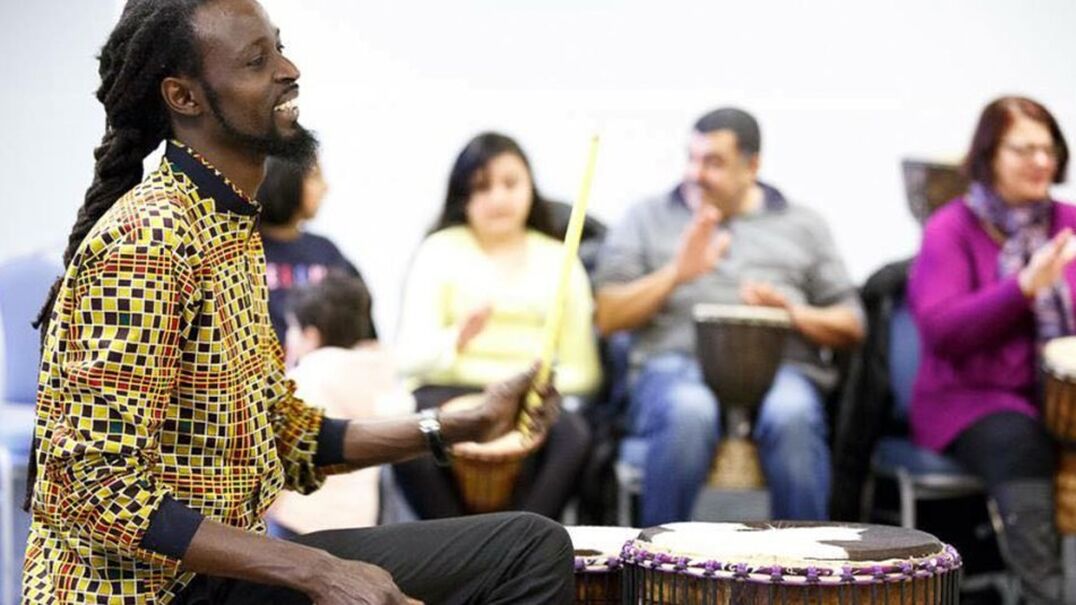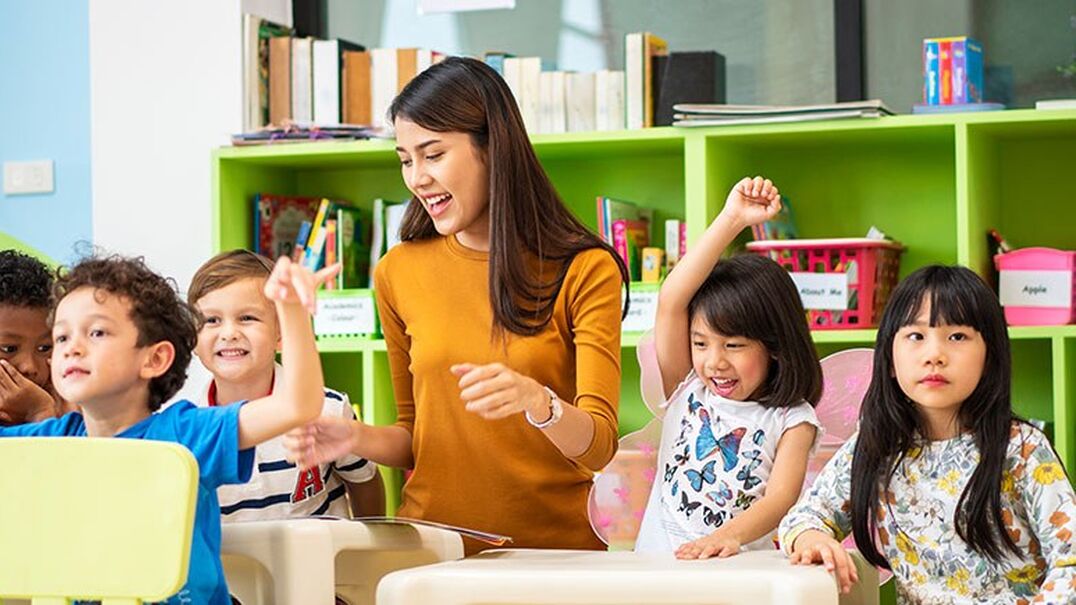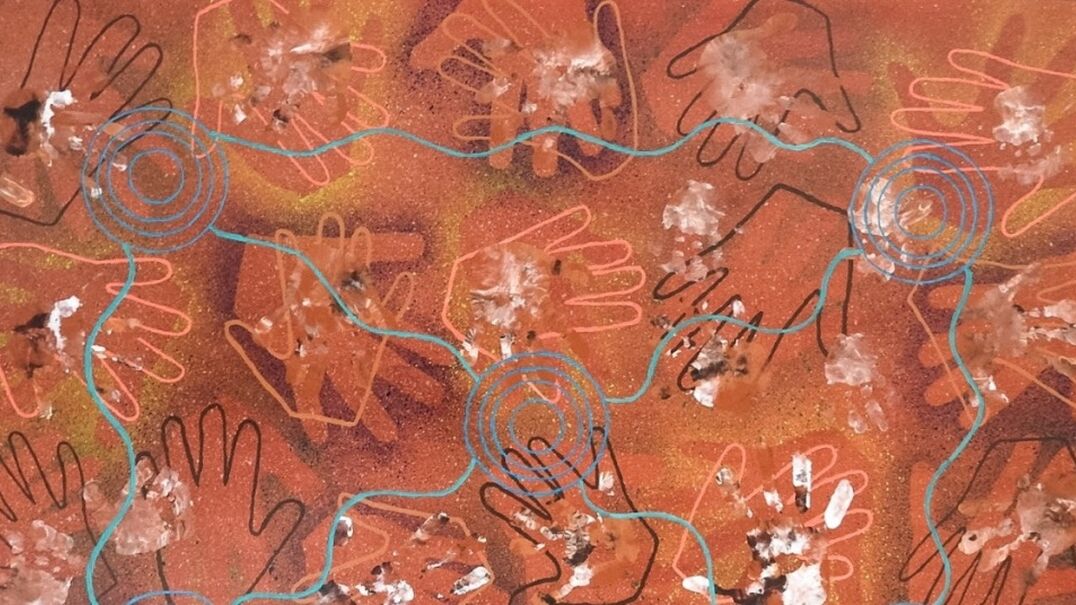Both of Ivy’s* parents experienced trauma and abuse as children. When she was born, they were both using drugs to cope with their trauma symptoms and experiencing psychotic episodes. Child Protection decided it was too dangerous for Ivy to live with her parents and she was removed from their care just 24 hours after she was born. She spent 6 weeks in a special care nursery withdrawing from opioids before going to live with her grandmother, and later with an aunt.
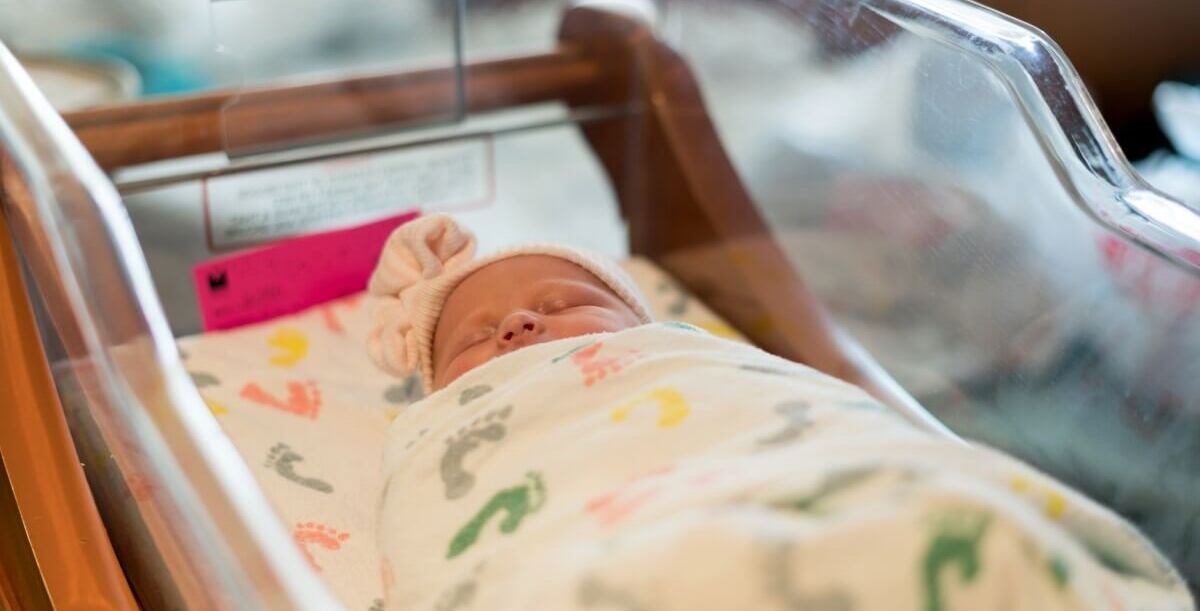
When Ivy was about 12 months old Child Protection asked Berry Street’s Take Two program to recommend whether she should be returned home to her parents.
Making a recommendation
When Take Two clinician Adrienne first met Ivy’s parents, they were very hesitant to work with her. They were scared about what Take Two would do or say about their family.
Adrienne had been asked by Child Protection to assess Ivy and her individual relationships with her mum and her dad. She was looking at their capacity to be reflective about their parenting, and whether they could provide emotionally attuned care for their baby.
From the start it was obvious Ivy’s mum and dad had made huge efforts to become safe parents. They were desperate to be reunited with her. Both had been clean from substances for more than 6 months, had sought mental health treatment and were in recovery. They had been catching buses and trains from Melbourne to visit Ivy at her aunt’s house in the country twice a week so they could see her.
Because both parents had experienced significant childhood trauma themselves in their own families, it was very distressing for them to have their baby living with people they thought wouldn’t be able to keep her safe.
Due to COVID-19 restrictions, Adrienne needed to do her clinical assessments online. While she expected this would create lots of challenges, she says it wasn’t nearly as hard as she expected, and she was very able to do her infant and family observations from the tablet propped in the corner of the room where Ivy and her parents were. Following her assessments, Adrienne advised Child Protection that she had not observed any reason why Ivy couldn’t be returned to her parents’ care.
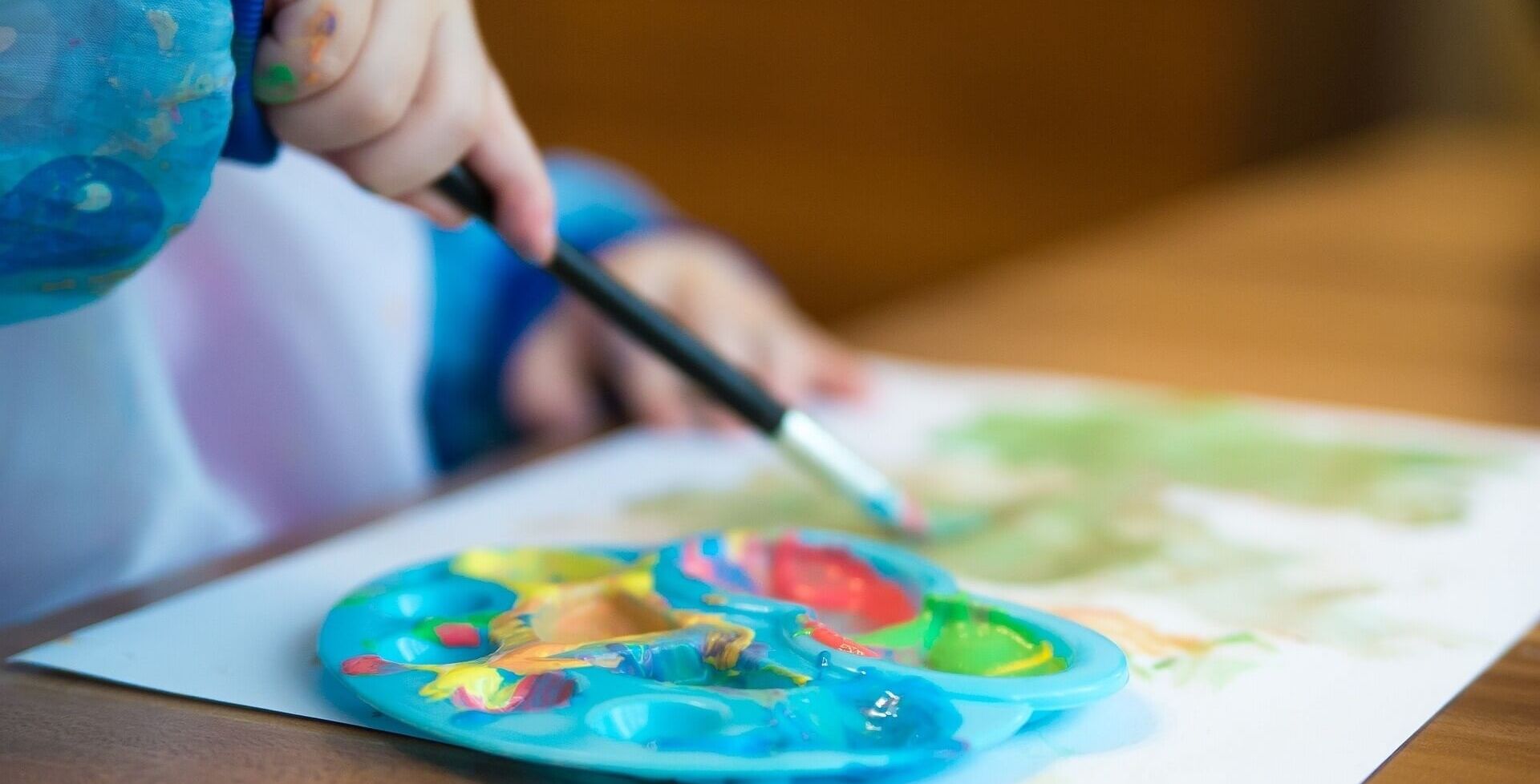
Confronting the ghosts
Ivy was returned to her parents care, but Child Protection asked Adrienne to stay working with them because they thought it was a high-risk placement. She also received approval to visit them in person during COVID-19 lockdown.
‘I used Child-Parent Psychotherapy (CPP) to help them create a narrative for Ivy around her experience of early infancy abandonment. Ivy’s parents’ trauma was still very present and they really connected with the concept of the Ghosts in Nursery. They could see what had happened in their childhoods had led them to Child Protection’s involvement.’
Adrienne says that despite her tough start and parental drug and alcohol abuse, Ivy has been meeting and exceeding her developmental milestones. She was walking and talking before her first birthday. As Ivy and her parents didn’t really know each other though, Ivy had a very avoidant attachment style with them.
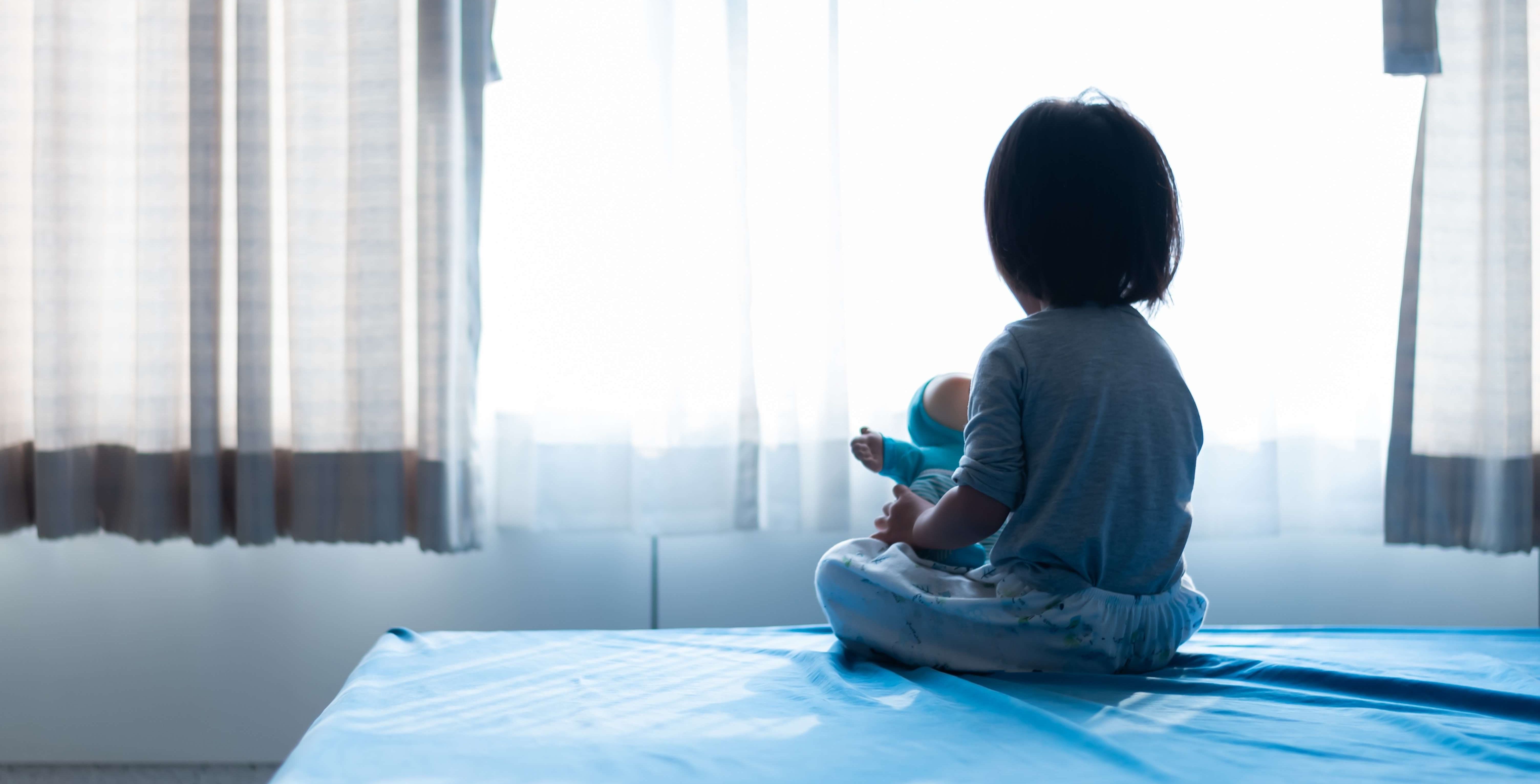
‘She was very hypervigilant. She would sit back and watch, but you couldn’t get her to do things until she wanted to.’
‘I used a lot of Theraplay activities to help them get to know and trust each other. Ivy loves baby dolls. Ivy’s parents and I would do lots of kissing and cuddling of her doll called ‘Baby’, so she could see what nurture looked like in a way she felt safe. Then when she was ready, she’d join in.’
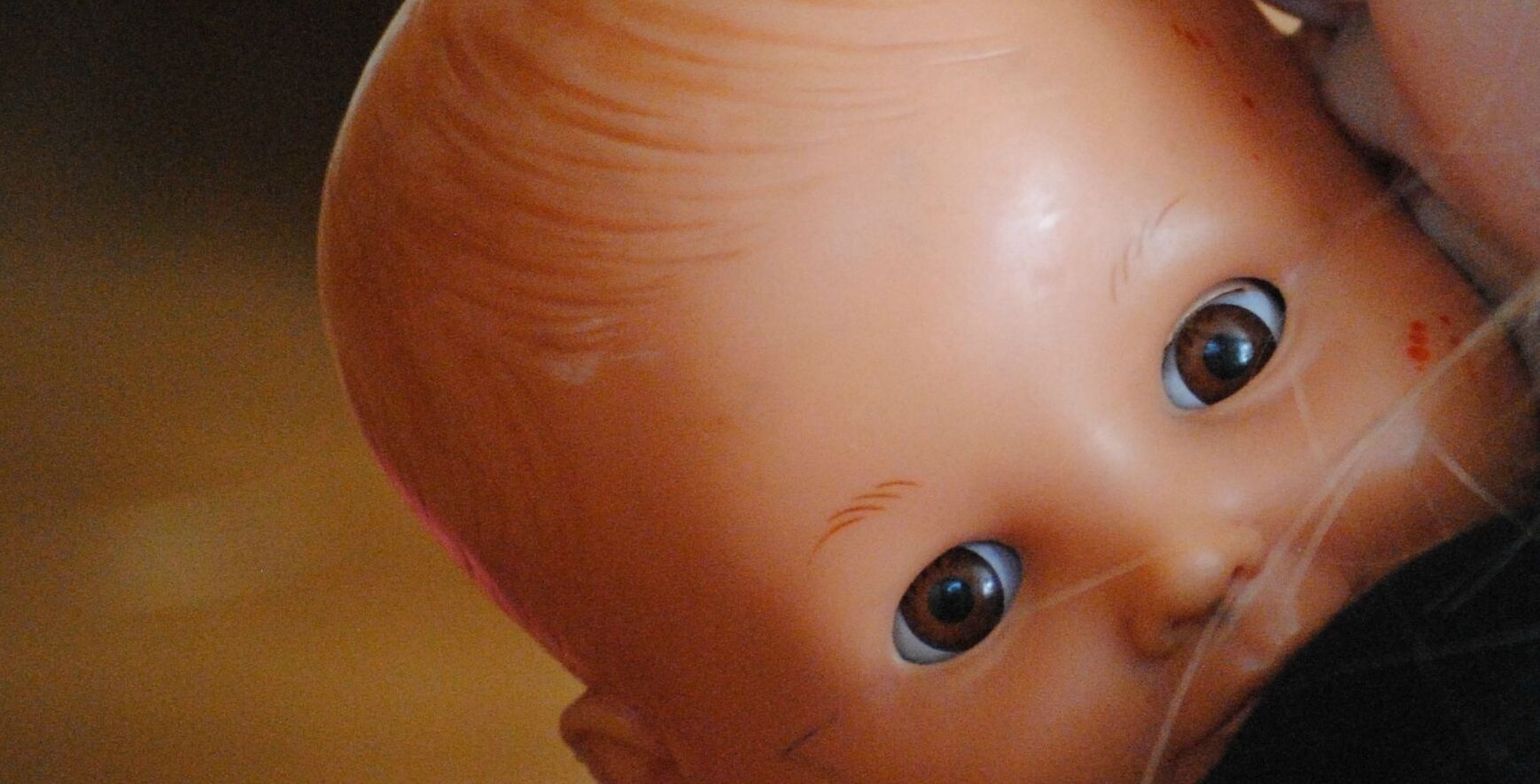
Child Parent-Psychotherapy focuses on making meaning of a person’s story and creating narratives. A large part of Adrienne’s work was helping Ivy’s parents understand their story. Ivy’s mum is very articulate and started a journal. She also started creating stories of what she hoped and dreamed of for Ivy’s future and the kind of parent she wants to be. She has been writing stories for Ivy to read when she’s older. Both of Ivy’s parents actively engaged in the sessions and became very trusting of Adrienne when they realised she wasn’t - and wouldn’t - judge them.
Building bonds for the future
One year on, Child Protection have now closed Ivy’s case because they are confident that she’s safe with her parents. Ivy’s parents have ongoing mental health care. They have reconnected with their church and Ivy’s been going to playgroup there. She’s also started going to childcare which she loves.
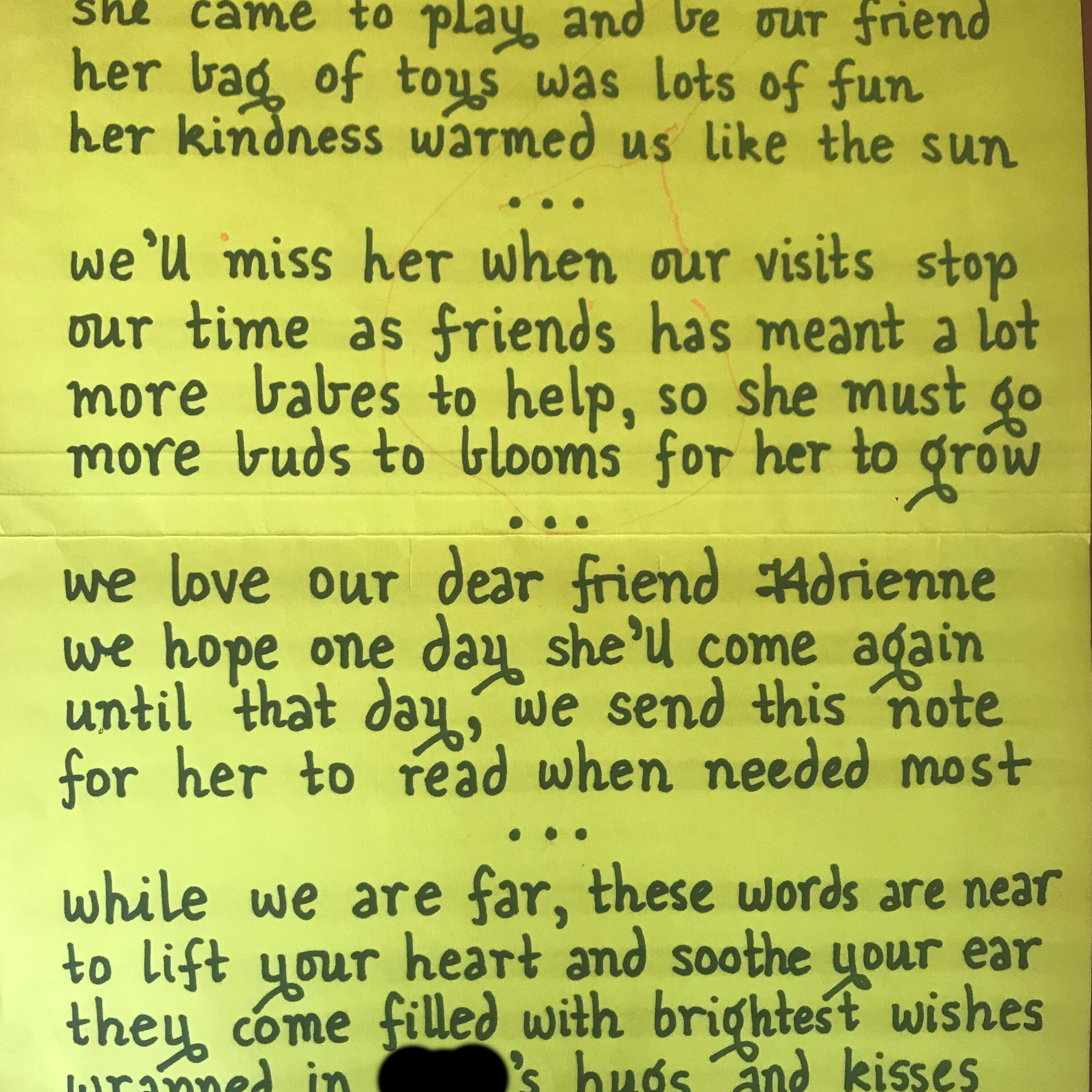
Ivy is now 2 years old and thriving. She’s smart, picks up on things quickly and is very artistic like her parents. She loves to paint and can already ride a scooter. She’s got a very secure bond with her mum now, and a strongly growing one with her dad. Despite some other challenging things happening around them recently, Ivy’s parents have shown great resilience, strength and commitment to staying safe parents for Ivy.
Ivy still loves dolls and her parents are using Baby to show Ivy what they’d like her to do. If they want her to brush her teeth, they use Baby to show Ivy what she needs to do. Baby is currently busy helping Ivy with toilet training!
*The names of the children and the families we work with have been changed, and models are used in our photographs to protect their identities.
Berry Street’s Take Two program is a therapeutic service helping to address the mental health impacts on children of the trauma they have experienced from abuse, neglect or adverse experiences. At Take Two we see who the child is, not just the behaviour.We use clinical frameworks, neurobiological research and evidence-informed approaches to repair family relationships and develop networks of caring adults that focus on what the child needs.Take Two can provide specialist clinical consultancy services, including training to other organisations. Contact us for more information.

